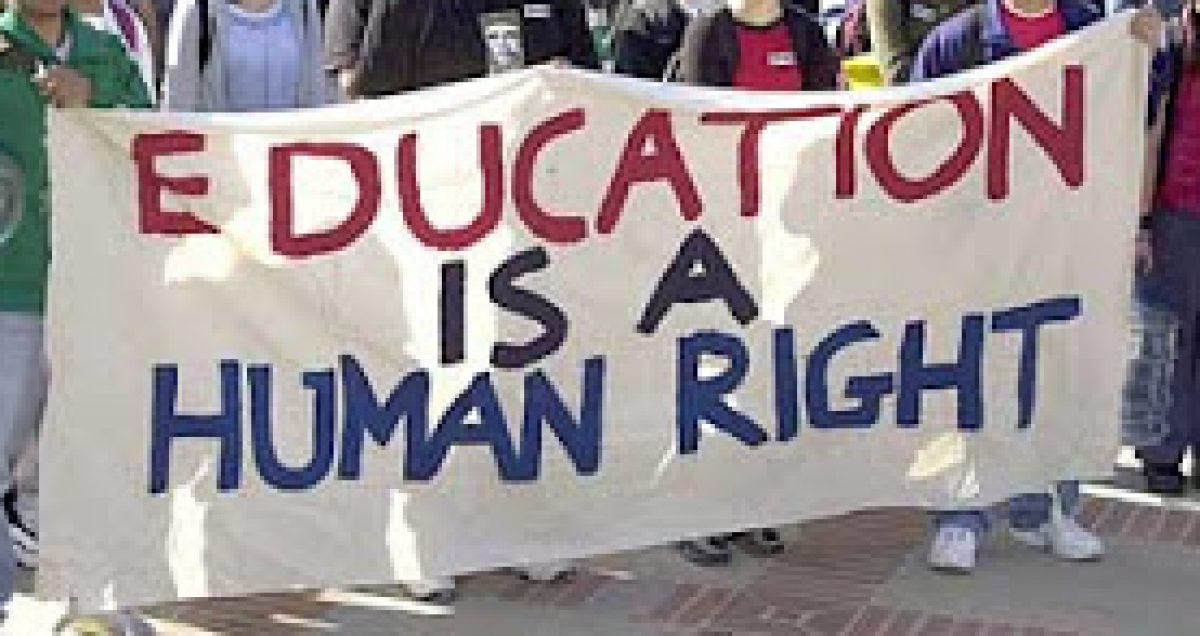The frameworks above guide my analysis of Padres Unidos and how they organize for change in inner Orange County. Intentional and focused community involvement and organization by communities in Santa Ana and the greater county area contribute to the mission of Padres Unidos. In the highest tier of their organizational structure, all four members of their leadership team work in the Orange County area, and have acted as students, educators and leaders in the community. As Ella Baker mentioned and emphasizes, “the roots of participatory democracy [begin as] outgrowth of active participation in the process of political struggle (Bobo, 2004, pp. 81),” as well as other relevant and ongoing struggles, and are crucial in beginning to confront and organize against injustices. However, for such organizing to begin, participatory democracy necessitates investment from the community, from the people that are to be participating and learning in the democracy. Padres Unidos operates under and alongside other community organizers, suggesting community buy-in and trust in their work. The work of Alinsky, with a distinct focus on garner public support to generate substantial enough ‘people power’ to begin to confront and usurp ‘money power,’ reveals itself in the places Padres Unidos has grounded itself in the community, including local cornerstones such as schools and churches. The importance of community involvement in their own organizing can be recognized on their website, where Padres Unidos states that “To best serve our families we utilize a democratic organizational model. All programming planning and decisions are made in discussion with the board and department leaders. This same model is employed in our classrooms and with our partners, where facilitators encourage fair contribution. We have been able to implement this model because we train all of our volunteers and staff and practice every day (Padres Unidos, 2020)!” Rather than involving outside organizers, educators, and staff members in their work, Padres Unidos operates primarily with volunteers who hold stake in the community, and work to educate and mentor volunteers to empower them to do significant work in their community, Santa Ana.
As a community-based organization centered on “self-sufficiency and responsibility among families” through education, Padres Unidos must address the specific needs of not only students, but their families as well, addressing the high level of need for familial support in a community with a high level of immigrant families. Padres Unidos demonstrates the holistic teaching aspect of Freire in the educational work not only pertaining to the academic sphere and in the classroom, but also focusing on parent education, familial support training, and juvenile justice, all relevant to a healthy and thriving learning experience. In expanding the reach of the program to extend beyond the academic sphere, Padres Unidos embodies how “Authentic thinking, thinking that is concerned about reality, does not take place in ivory tower isolation, but only in communication (Friere, 2005, pp. 77).” This notion of communication appears in Emdin’s exploration of communities and how to best support them academically and otherwise. In working within and observing communities and classrooms, Emdin honed in on how reality pedagogy focuses upon “making the local experiences of the student visible (Emdin, 2016, pp. 30),” applicable to Padres Unidos in how they adapt and contextualize their programs to Santa Ana, with additional attention paid to the predominantly immigrant nature of the population they are serving, as well as a recognition of the proportion of incarcerated youth in the city through supported programs. The frameworks of Ella Baker, Saul Alinksy, Christopher Emdin, and Paulo Freire stand to support the work of Padres Unidos, with the organization conversely employing the frameworks of such authors in their everyday work, incorporating it into their programs and missions to best serve the Santa Ana community.
